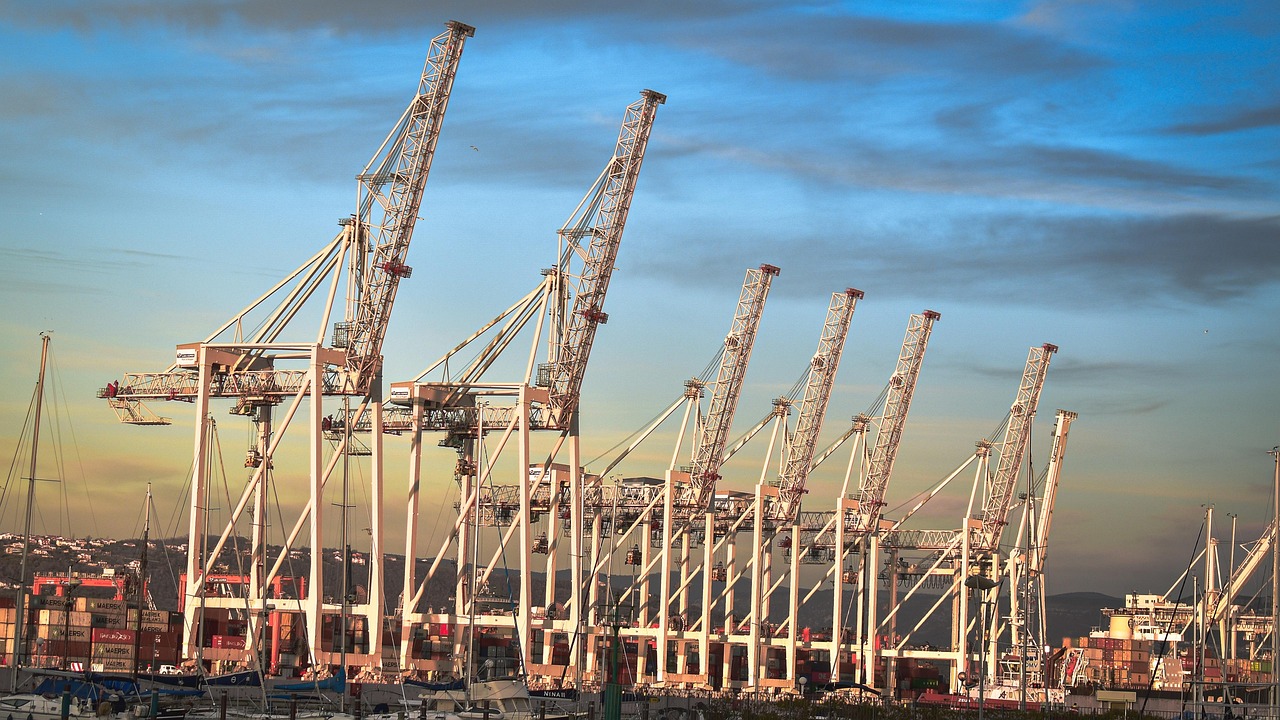
According to a report by The Wall Street Journal on July 9th, 80% of the quay cranes in American ports are manufactured by Chinese companies. Industry warnings suggest that the implementation of new tariff policies could lead to a skyrocketing cost of upgrading critical port equipment by tens of millions of dollars, with rebuilding similar capacity in the short term taking at least ten years, potentially triggering a supply chain paralysis crisis.
China accounts for over 70% of the global crane production, favored for its stable supply and low prices. The average price of a crane made in China is around $15 million, several million dollars cheaper than European and American products.
Carl Bentzel, Chairman of the American Association of Port Authorities, stated that the new tariffs would punish ports that have already placed orders, as the government insists on using high tariffs to encourage alternative purchases, causing serious disagreements between the two sides on transitional issues.
The proposed tariffs would be on top of the 25% duty rate already in place during the Biden administration, creating a double blow. Charlie Jenkins, CEO of the Port of Houston, mentioned that the port needs to purchase 22 cranes over the next six years and could incur an additional $100 million in costs if the tariffs are enforced.
Manufacturers outside of China generally have insufficient capacity, and rebuilding production lines domestically in the U.S. would take up to ten years, making the situation extremely challenging.
A compromise solution proposed by port operators is to exempt equipment ordered before the end of 2024 from tariffs and provide a 3-year transition period, implementing the new policy after domestic or allied capacity has been increased.
This tariff plan reflects the Trump administration's approach to trade restrictions with China. The U.S. Trade Representative's office has announced additional charges on ships built in China starting from October and plans to impose tariffs on foreign car carriers, sparking industry resistance.
The U.S. Chamber of Commerce warns that tariffs on car carriers could increase the cost per vehicle by $300, impacting supply chain stability.
Additionally, China has been a major source of U.S. clothing imports, but after the Trump administration raised equivalent tariffs on China to 145%, many American retailers reduced purchases from Chinese factories.
According to data from the U.S. International Trade Commission (USITC), the amount of clothing imported from China to the U.S. dropped to $556 million in May, the lowest monthly figure in 22 years, highlighting the impact of high tariffs in the U.S.
